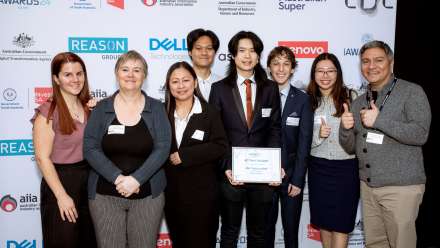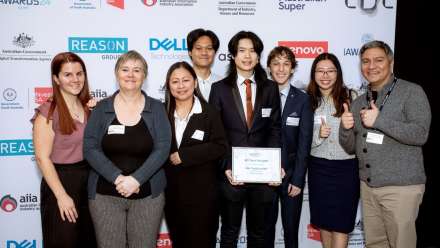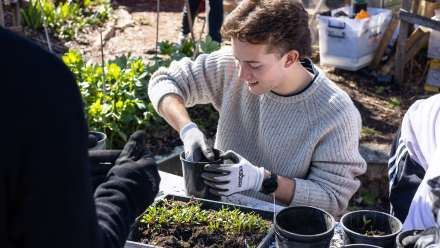Donors’ support crosses the globe
Anyone who thinks that archaeology is a dusty, backward-looking task with little contemporary relevance should ask the women of Jebel Khalid for their view. These women exist in a bride-price society where the high cost of securing a wife means that men tend to be considerably older than their spouses, and hence closer to the grave, or else forced by the lack of employment in the region to work away from home.
How is a woman to support herself and her children once her breadwinner has gone, whether to a Saudi oil field or his final resting place? She can try to earn a living from harvesting more crops than her family requires for food, but this is a fraught business in the arid interior of Syria. Thankfully there is another harvest that has been a source of income for the local women for decades now. For 25 years archaeologists from the West have been uncovering the remains of a Greek military colony, spanning the period from roughly 300BC to 100BC, that existed in modern-day Jebel Khalid.
"We employ up to 100 local people," says dig leader and archaeologist Professor Graeme Clarke from ANU. "I've seen them grow up and have children. We have a lot of women, because the men are often away working on building sites in Damascus or Jordan, or working in Saudi Arabia on the oil fields. They are terrific workers."
The research at Jebel Khalid is supported via generous donations from donors to the Australian Syrian Euphrates Project Fund which is managed by the ANU Endowment for Excellence. Clarke says he is grateful for this support, as it allows him and his team to learn more about a singular location, as well as enabling them to offer much needed work to the local Bedouin.
The site at Jebel Khalid stretches over 30 hectares of limestone mesa above the Euphrates, an expanse that might take another 25 years to sample properly.
"Ours is a very rare site," Clarke says. "It's a window of opportunity of seeing what it was like to be a Greek coloniser and how they interacted with the indigenous population." Clarke has been leading the dig at Jebel Khalid for over a quarter of a century. Clarke and his team have revealed the ruins of a gymnasium, a space where the Greek soldiers and their sons would have practiced hand-to-hand combat. Among their finds, the archaeologists have discovered many oil jars and a metal strigil used for scraping off the sand and oil after a wrestling match. But the building's ambulatory would also have been a place of learning, where boys were tutored in philosophy and poetry. This mix of physical and academic education brings to life how Greek this settlement tried to be, despite its distance from the cradle of Greek civilization. "This is the first building of its kind to be found from those 200 years after Alexander in inland Syria," Clarke says. "It tells us a fair amount about the 'Greekness' of the aspirations of the city fathers at that time."
Given the rare opportunity to study a largely unsullied Greek colonial settlement from the third century BC, Clarke says it's important that the work continues so we can enrich our understanding of the Hellenistic world. He says the plan is to expand the dig to look at more of the domestic housing and graves of the poorer people from the garrison, to counterbalance the picture of the lives of the elite. As for the interactions between the western scholars and the local Bedouin, Clarke says he hopes it continues for years to come.


